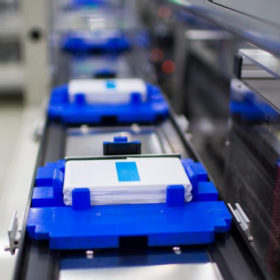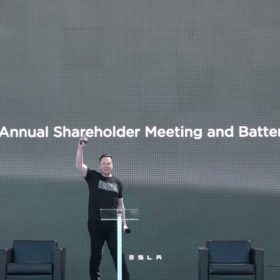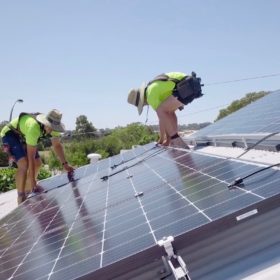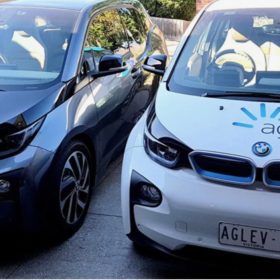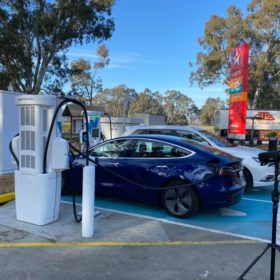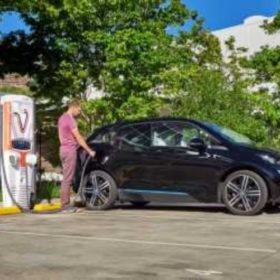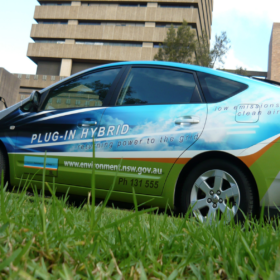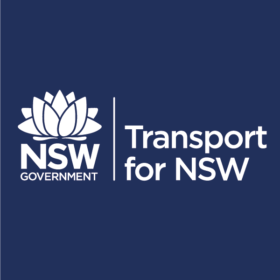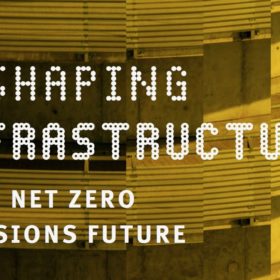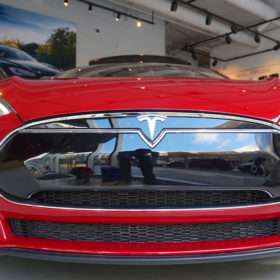‘China must put EV battery reuse at heart of net-zero ambition’
The centralised nature of policymaking in Beijing would enable component standardisation to ease the transition from EV to stationary energy storage use, according to Greenpeace East Asia.
WoodMac: Tesla Battery Day 2020: Too good to be true?
Like most Tesla events, speculation and hype were at all-time highs after CEO Elon Musk hinted that something “very insane” would be revealed. He was not far off! Tesla detailed a completely new cell, along with plans to improve manufacturing, costs and shrink the battery supply chain. With such bold claims come many questions.
WA launches new solar buyback scheme, encouraging panel orientation, batteries, and EVs
The Western Australian Government has launched its new Distributed Energy Buyback Scheme, a way for homes, schools, and not-for-profits with rooftop solar, energy storage, and even electric vehicles (EVs) to earn some money back from the surplus energy they export to the grid.
AGL becomes first Aussie company to join EV100
AGL has become the first Australian company to join EV100, a global initiative to make electric vehicles the norm by 2030. AGL’s commitment will see it transition its 400-strong fleet of corporate cars transition to EVs, one of the few proactive shifts the energy giant is making to meet its updated climate statement.
Caltex and Evie Networks partnership is on the charge
The first of six Evie Networks ultra-fast EV charging stations at Caltex/Ampol retail outlets in Victoria and New South Wales is up and charging. The Avernel site is strategically positioned between Melbourne and the VIC-NSW border town of Wodonga.
Tritium smooth another barrier to EV adoption with “Plug and Charge”
Homegrown fast-charging technology company Tritium has launched “Plug and Charge,” a seamlessly simultaneous way to charge your electric vehicle and pay for the pleasure.
The future of cars is electric – but how soon is this future?
According to a new report by Bloomberg New Energy Finance, 58% of global passenger vehicle sales in 2040 will come from electric vehicles, yet they will make up less than 33% of all cars on the road.
Transport NSW seeking expressions of interest to transition its bus fleet
As part of the NSW Government’s ambition to transition the entire public bus fleet to zero emissions, Transport NSW is seeking out expressions of interest for participants in trials of zero emission buses.
Infrastructure critical to energy transition, says CEFC report
The Clean Energy Finance Corporation along with its partners has released an Issues Paper on the halting state of Australia’s infrastructural development. The paper highlights the nation’s short-sighted infrastructural projects and their weight upon the energy transition.
Energy density advances and faster charging would unlock EV revolution
With electric vehicles making up only 3% of the global car market last year, analyst WoodMac says battery packs need to be cheaper and lighter and range anxiety must be addressed to change the habits of drivers.
